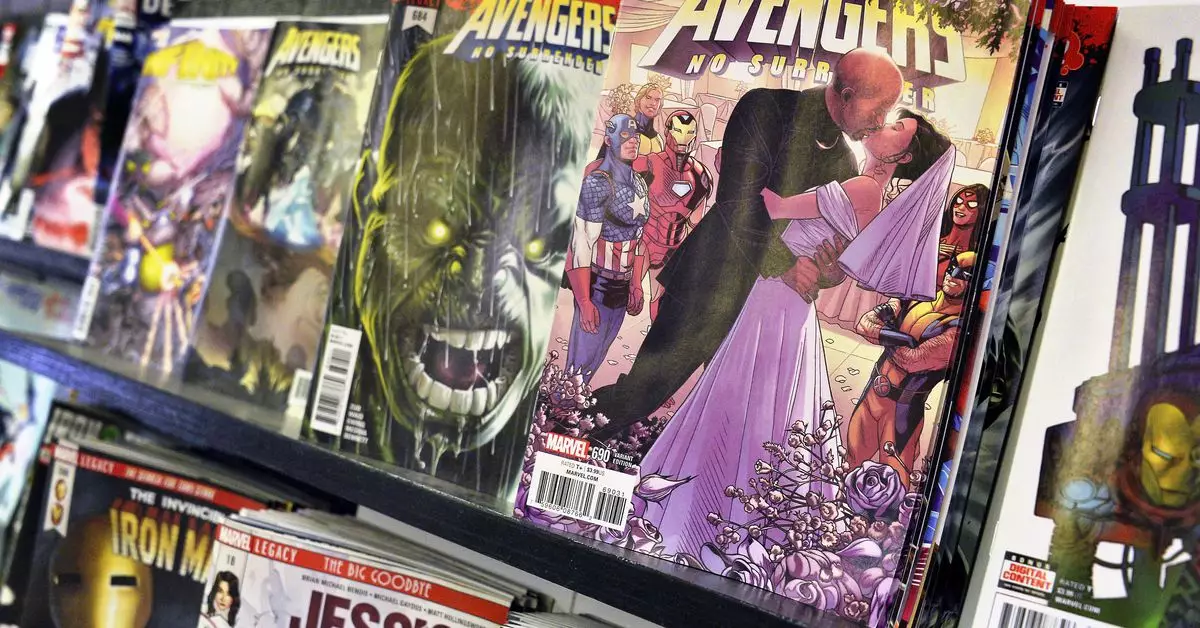In a groundbreaking development for the comic book industry, recent actions by the United States Patent and Trademark Office (USPTO) have invalidated several longstanding trademarks associated with Marvel and DC Comics. This significant change marks the end of an era where these two giants held dominance over the term “Super Hero.” The challenge to this age-old arrangement comes from an unexpected source: a small company named Superbabies Limited, known for its comic series featuring superhero infants.
The catalyst for this trademark shift, as reported by Reuters, was initiated by S.J. Richold, the creator of Superbabies. Following an attempt by DC Comics to impede Richold’s promotional activities for his series, Superbabies, Richold decided to take legal action. His determination to reclaim rights over the term “Super Hero” led to an unprecedented challenge against the powerful comic book duopoly. The law firm representing Richold indicated that this legal move was essential not just for personal interests but for the broader comic book and creative communities seeking fair utilization of superhero-related themes.
The USPTO’s decision to annul multiple trademarks held by Marvel and DC came as a surprise, particularly given the companies’ historical control over these intellectual properties. Notably, the trademark “SUPER HERO,” which has been part of the comic landscape since its registration in 1967, fell under this cancellation. Meanwhile, Marvel and DC still retain joint ownership of the “SUPER HEROES” trademark established in 2018 and “SUPER-VILLAIN,” secured in 1985. However, the loss of the earlier trademarks signifies a shift in the balance of power in the comic book realm, opening the gates for greater creative expression from emerging companies.
The implications of this decision extend beyond just legalese; it ushers in a new era of competition and creativity within the superhero genre. With Marvel and DC facing challenges from smaller entities, the ownership of superhero themes will likely become more contested. Adam Adler, a lawyer involved in the case, has highlighted this intricate historical relationship between trademark ownership and comic book publishing in a two-part series for Escapist Magazine. Adler’s insights elaborate on how Marvel and DC maintained their respective claims over the years, showcasing their strategies and defenses against potential trademark challenges.
As we move forward, the comic industry stands at a crossroads. The cancellation of key trademarks held by Marvel and DC could herald a renaissance for smaller creators, encouraging innovation and new narratives that diverge from the established norms. The fallout from this case will likely be analyzed and discussed for years to come, reshaping our understanding of intellectual property in creative fields. The landscape of superhero storytelling is on the brink of change, and there’s no telling the creative directions this newfound freedom may inspire.
In this evolving environment, we may witness a growing variety of superhero tales that embrace diversity, originality, and artistic experimentation. The era dominated by a mere two companies appears to be giving way to a new generation of imaginative voices.

